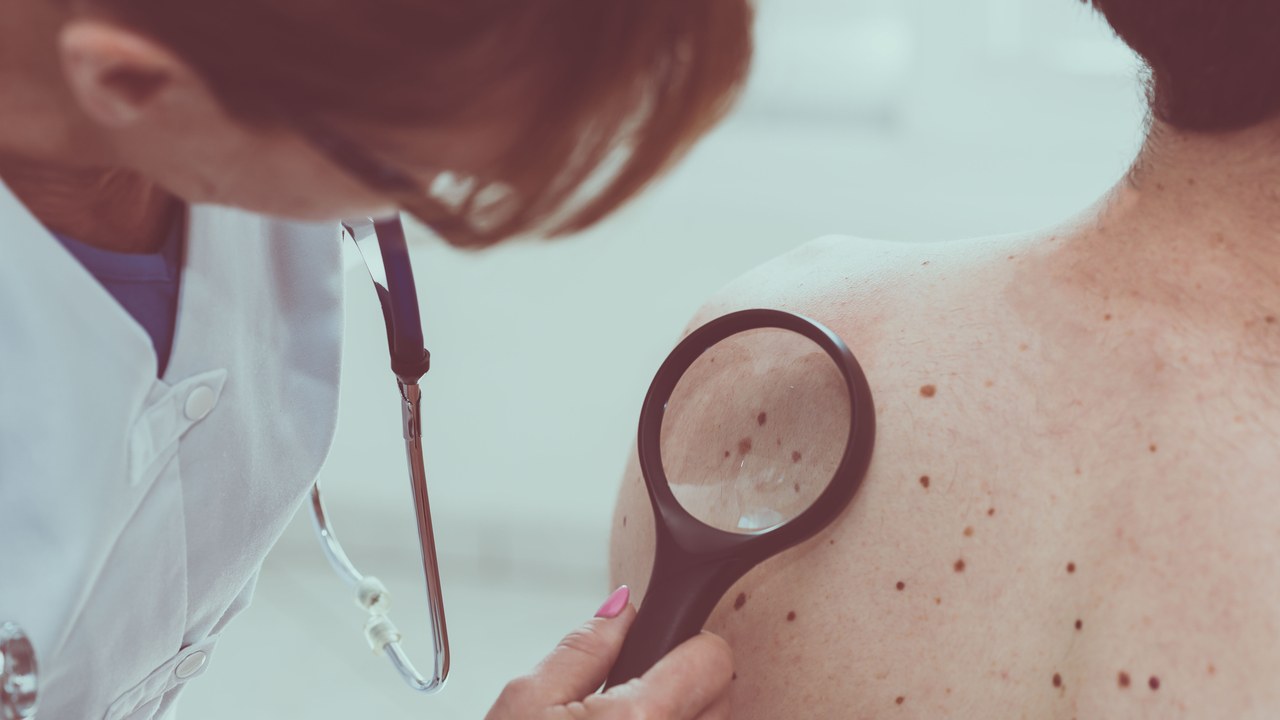“Do social media or social networking sites like Facebook and Twitter help or hurt your body confidence?”
The question was recently posed by Proud2BeMe, a website run by the National Eating Disorders Association (NEDA) to their young readers.
A surprising 86 percent of readers responded by saying such sites do hurt their body confidence. Past studies have shown that exposure to fashion magazines, music videos, and other mass media can affect body image in both boys and girls — typically causing some girls to strive for a “thin ideal” and some boys to seek an unrealistically muscular physique. But experts are only beginning to look at the effects that social media websites have on teen body images.
“Social media can have a negative impact on kids’ body images,” says body image expert Claire Mysko who oversees the Proud2BeMe website for NEDA. “We see young women and men posting photos and counting the number of likes, and feeling pressure to look perfect. Close to 30 percent of girls re-touch or alter their own images via Photoshop or filters before they post them according to some research. Some sites ask you to rate people’s appearances.
“These impulses aren’t new, but the proliferation of all of these social media platforms makes it easier for negative comments to spread and become much bigger. It’s not just passing notes in class. But, it’s posting something to a public forum where millions of people can participate. It’s a new ballgame.”
Tips for parents to screen their kids’ social media
As a parent, here are some ways you can help your teen keep her (or his) body image healthy:
- Know which websites your teen is on. Keep the computer in a common room in the house, not in their bedroom, so you can monitor their use.
- Use media for teachable moments. If you catch your teen rating people’s looks or counting the numbers of likes on their own posted photos, start conversations to gauge how they feel. Ask questions such as:
- Do you know anyone who retouches their photos before they post them?
- What do you think about rating others’ appearances like this?
- Is it a good idea to focus only on how someone looks?
3. Focus on your teen’s non-physical attributes and talents. Comprehend how hard they study, their patience or generosity with others, etc, to build up self-esteem. Help them understand that beauty does emanate from within. It stresses their achievements rather than what they look like. Counter social media images that focus on people’s beauty alone by discussing famous people who have achieved distinction through hard work, dedication, or by giving back to others.
4. Watch for signs of body image problems or unhealthy changes in your teen’s eating habits. In a recent study on teenage girls in Fiji, Harvard researchers found that the risk of eating disorders was higher in teens who spent a lot of time on social media sites than in teens who didn’t log onto social media much or at all.
Mysko says:
If your teen’s posture is slumped, or she seems fixated. She thinks that she needs to improve a particular body part. She is focused on becoming fashion-model thin or unrealistically muscular or toned. Those can all be signs of body image problems, and even early signs of an eating disorder.
5. Set an example of healthy body image by not complaining about your own looks and by stressing how good it feels to exercise and eat well.
6. Teach your kids to edit. Suggest your teens be careful about the comments they post on their own web pages and their friends’ walls, and “unfriend” people who post negative comments about others. Talk to your teens about being careful about sharing pictures of themselves and their friends and family, too.
Mysko says:
Social media websites are important tools for spreading information and parents don’t need to ban social media altogether. But you should be aware of how your kids are using these sites and teach them media literacy. Use social media as a teaching tool and an opportunity for conversation and you can not only help your teens maintain healthy body images, but help them be smarter consumers, too.
















Pingback: Options for Troubled Teen - Fajar Magazine
Pingback: - Fajar Magazine
Pingback: Signs You are Mentally Healthy - Fajar Magazine
Pingback: Is Social Media Ruining Teens? - Fajar Magazine
Pingback: Can Facebook Make Women Feel Bad About Their Bodies?